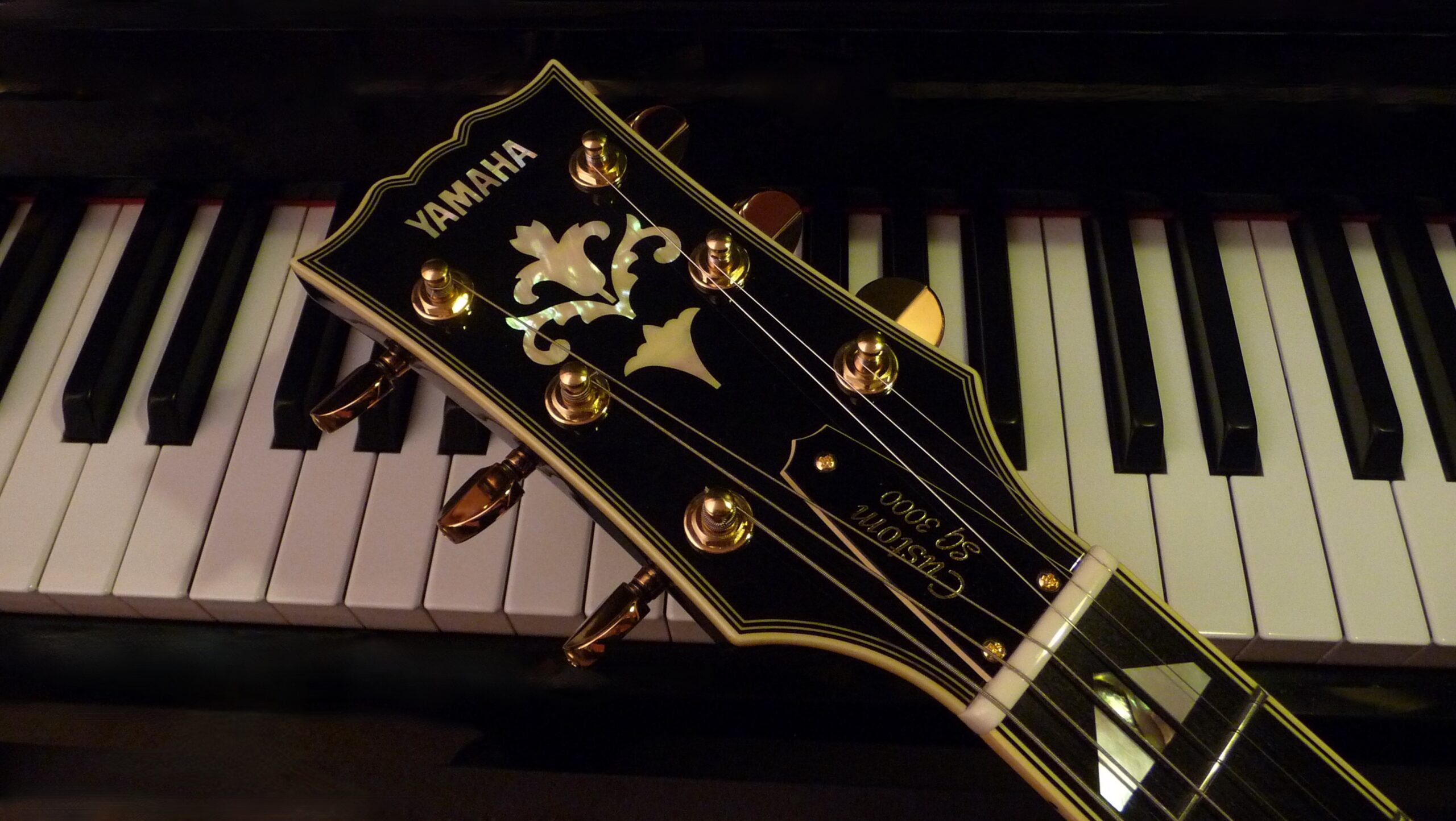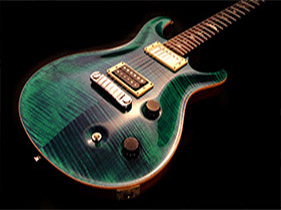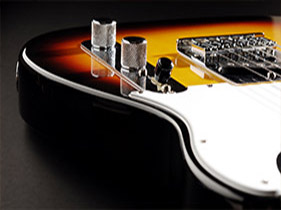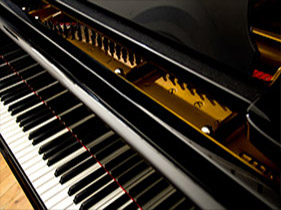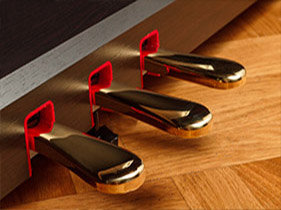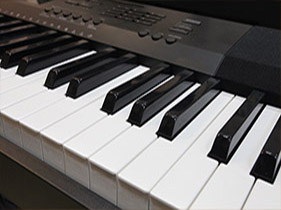Choosing an instrument is not just a substantial financial investment, it also has a huge impact on the ease of playing and as a consequence, on the enjoyment of the experience. Unfortunately, many students purchase instruments before they begin lessons and we strongly recommend that you do not take this path and that you seek professional advice before purchasing an instrument.
There are considerable differences not only between different brands, but also between different models of the same brand of guitars, amplifiers, pianos and keyboards. These differences are not at all apparent to the untrained eye…or ear! We don’t recommend that you simply ask a salesperson at the local music shop. More often than not, music retailers have an interest in promoting certain brands above others. Some retailers have a wholesale arm and so their own imported brands offer a far greater profit margin for them. The prudent shopper needs to bear this in mind when asking the salesperson for his or her opinion. In addition, the salesperson is not going to be your teacher.
Price or known name brands are no guarantee that you are buying the best instrument for your own needs or for the money that you wish to spend. We have seen far too many students purchase totally inappropriate instruments on the basis of the brand. We only recommend brands and models that we believe are the best choices for our students.
Obviously people’s budgets are a consideration, but cost should not be the primary focus. We believe it is false economy to purchase a cheap, poor quality instrument that you will grow to hate and that you will ultimately upgrade once you have realised all the problems you will have with that instrument. At the same time, you don’t need to spend thousands of dollars on your first instrument purchase to buy an instrument that is of good quality. While the American and German instruments are still by far the best, with the recent rise of the Asian economies, particularly China and South Korea, the Western world is extremely fortunate in being able to buy very good instruments for not a lot of money…. if you know which brands and which models to choose. This is especially true with regards to guitars.
Guitar
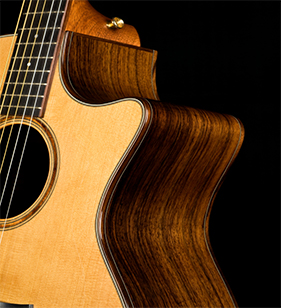
Choosing the right guitar is not easy, especially if you are a beginner.………….
Apart from there being many different makes and models of guitars, beginners (and sometimes even experienced players!) are often unaware of the subtle (and sometimes not so subtle) differences between solid-body and semi-acoustic electric guitars, steel-string acoustic guitars and nylon-string acoustic guitars.
These differences have huge consequences for the beginner.
Misconceptions, unfounded biases and old wives’ tales abound. Not surprisingly, more often than not, students buy either totally inappropriate instruments, very poor quality instruments, or instruments that they have grossly overpaid for. Don has seen and heard it all before and he advises all students to ‘get informed’ before purchasing an instrument. He will happily explain in detail the differences between the various types of guitars and demonstrate what they are used for and why different guitars are used in different styles of music. He will also look at the age of the student, hand-size, strength etc. All these factors are important in determining the ‘right’ guitar for each individual student. He can also discuss the pros and cons of various amplifiers and musical equipment in general.

Piano / Keyboard
Although all lessons are conducted on an acoustic piano, many students like to begin their musical experience by learning to play on a keyboard, instead of a piano. They are cheaper, portable and you can play with headphones on…..so that you don’t disturb the neighbours! If you are unsure about what the differences are between keyboards, digital pianos and acoustic pianos, Jenny can discuss the various options with you.
It must be good quality
Whether it’s guitars, pianos, keyboards, amplifiers, metronomes, tuners, music stands, cases, or even guitar picks, we only recommend quality equipment and we do this for two very good reasons:
Firstly, we simply don’t believe in promoting poor quality instruments.
Secondly, although our students usually can’t judge the quality of their instruments when they start lessons….they soon will! If we’ve recommended poor quality instruments, students will understandably be unhappy with us at the point when they can tell chalk from cheese. We pride ourselves in having long-term relationships with our students.
